Kevin Dahlgren: Decriminalizing Drugs Is a Death Sentence
While the Progressive Machine debates how hard to tap addicts' wrists, an observer of the chaos on our streets speaks the truth.
Note: This is a cross-post from Kevin Dahlgren’s Substack, Truth on the Streets. We hope you’ll consider subscribing.
The decriminalization of drugs in Oregon in 2020 was meant to shift drug use from being a criminal justice issue to one of public health. Voters who visualized addicts being thrown in jail for something considered a disease just felt wrong, and the measure passed handily.
The public health sector, though, was unprepared for the responsibility and, under their watch, saw the largest increase in overdoses in Oregon history.
Voters were also misled about the reasons for the decriminalization of drugs. It had less to do with helping addicts and more to do with promoting the beliefs lumped under the ideas about “social justice.”
Over the last decade, there has been a movement towards recognizing bodily autonomy, a progressive philosophy that a person has a fundamental right to self-determination over their own body. Within the context of drug use, bodily autonomy gives a person a right to use and do what they want with their own body. The passage of measure 110 was a big win for progressives. But it had severe consequences. Fentanyl flooded the streets just as Oregon decriminalized drugs and has become the deadliest, most addictive drug in history.
Yes, there were fewer addicts in our jail system. They were now in our cemeteries.
The measure also greatly expanded “harm reduction” efforts, calling it “Increasing community access to care.” Anyone with only a vague understanding of harm reduction assumes it is directly helping an addict use less.
What people don’t realize is harm reduction has become a part of the social justice movement and now has less to do with the reduction of use and more the belief in a person's right to use. Harm reduction took a step further and not only promoted use but, due to its philosophy, made no effort to proactively help a person who is slowly killing themself.
This can be found in the eight principles that guide the “non-judgmental, non-coercive provision of services.” Despite having the closest contact with people in the middle of their addiction, it goes against the harm reduction philosophy to proactively offer treatment, sincedoing so betrays the addicts’ trust. Instead, they stand with addicts in “solidarity.”
An executive director of a national harm reduction program I talked to last year admitted that fentanyl was deadly but believed that offering services to get clean would ruin addicts’ trust. She said it was best to “sit quietly” when our human instinct to save a person kicks in and to “absolutely not say a word.” Which is like standing on a dock watching a man slowly drown but not offering to help until he asks for it.
The harm reduction movement don’t live up to its principle to “not attempt to minimize or ignore the actual and tragic harm and danger that can be associated with illicit drug use.” Walk into most harm reduction clinics, though, and you will see drug use being actively promoted with posters of people smiling while using, Instruction guides on how to use drugs, and a push for people with an addiction to take as many harmful reduction supplies as they want to use for themselves or others...
…things such as pipes, foil, and burners. When a harm reduction outreach worker sees a person using, and it is clear they have potentially used too much, they do not intervene. Instead, they stand with the addict “in solidarity.”
A homeless addict I met last year compared harm reduction outreach workers to dealers without drugs: “I have the drugs; they have the tools I need to use the drugs. They just make it easier for us.” He is also regularly handed Narcan, the opioid blocker, which he appreciates as he has witnessed multiple overdoses this year and helped over a dozen recover.
These social justice causes are not limited to a few radicalized people. Last month, the state of Oregon's Alcohol and Drug Policy Commission sent recommendations to Governor Kotek and the Senate and House leaders for immediate action to reduce the number of people who die of an overdose in Oregon. It mentioned a significant increase in overdose deaths of both African Americans and Native Americans. What it failed to mention was that Caucasians overwhelmingly were the biggest victims of this addiction crisis, with an over 900% increase in deaths compared to the combined deaths of the other two demographics. Any death is tragic, but to exclude the largest portion is mind-boggling. Proposals like these relate to funds that only help a small percentage of the problem.
We were promised detox, recovery, and treatment programs by measure 110’s backers; as of today, only one program has opened in over thirty months since the measure passed. Even if ten programs were opened, we would have virtually no outreach to find them and connect them to those beds.
Over the last two years, I have interviewed several hundred homeless in Portland Metro, and over 90% say an outreach worker has never approached them. This is deeply concerning and tells me the people who fund programs do not understand that ending this humanitarian crisis starts with outreach: boots-on-the-ground workers find addicts, build trust, and help them feel hope again. Hope is now at the lowest level I have seen in thirty years.
Addiction affects all walks of life and does not care what you look like. This social justice movement, like harm reduction, is all harm and no reduction. Anyone who criticizes it is commonly labeled a racist. The measure did successfully reduce the number of people with an addiction in our jails; they are now in our cemeteries or will be soon.

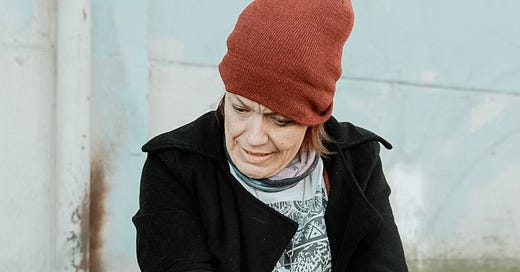




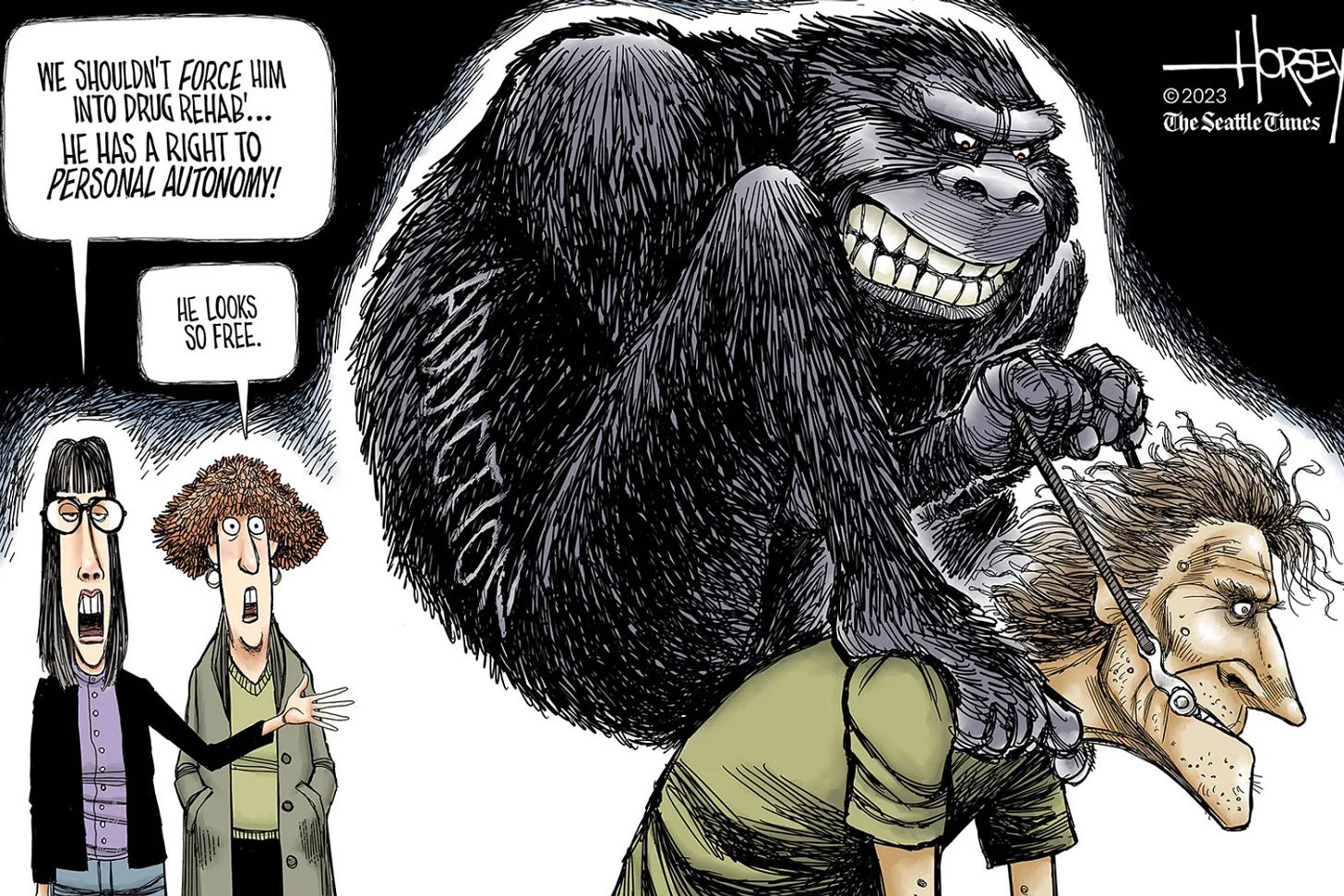



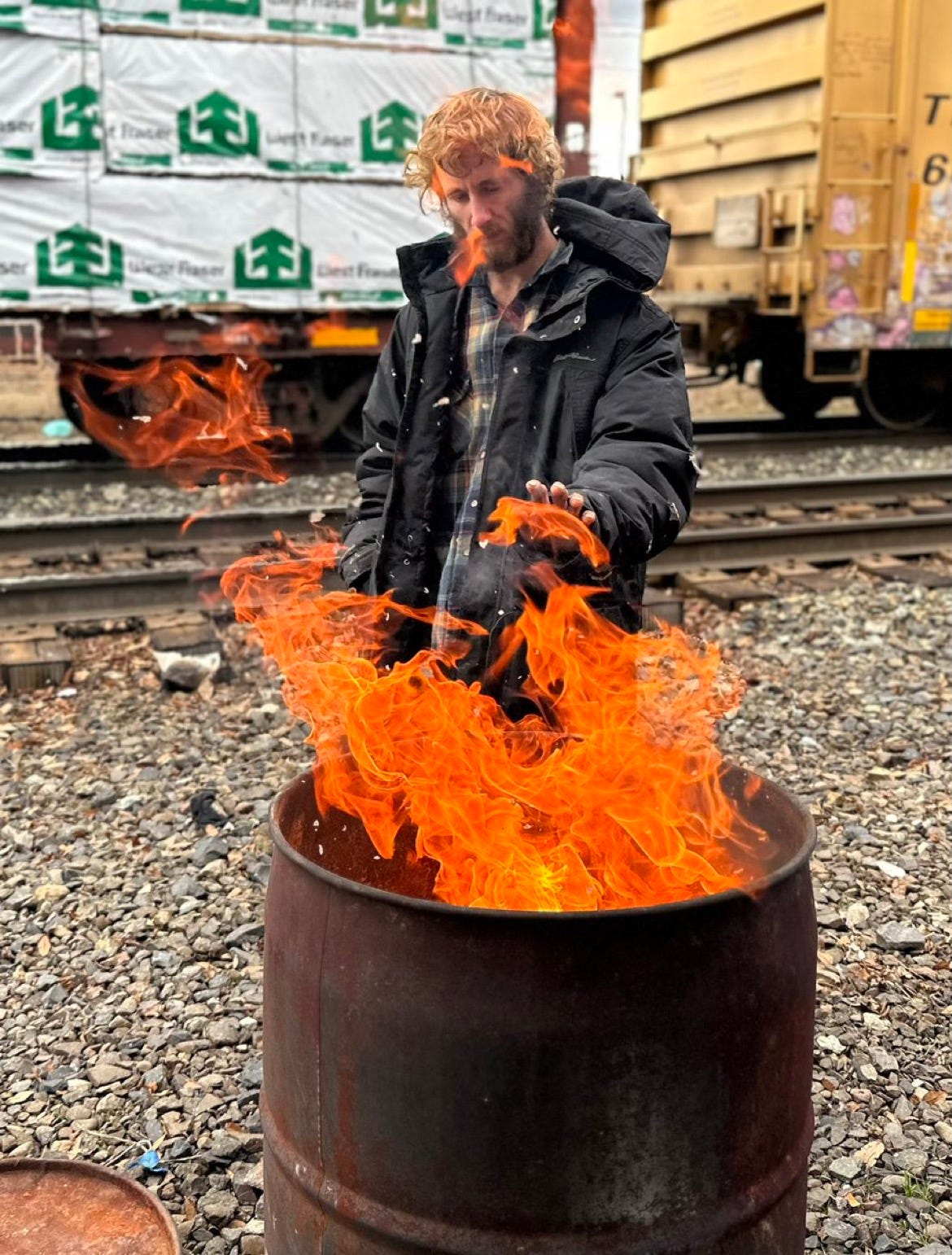
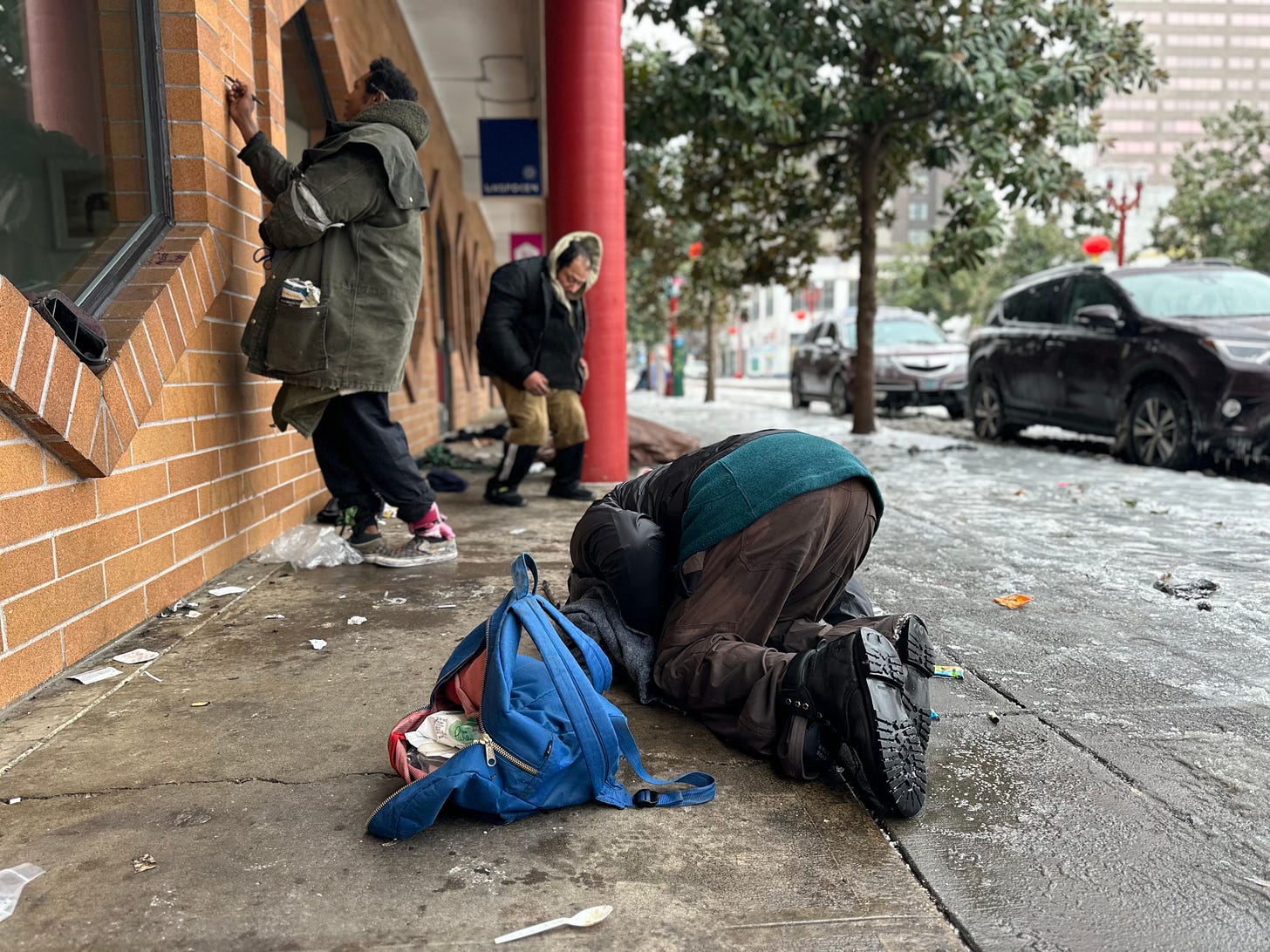
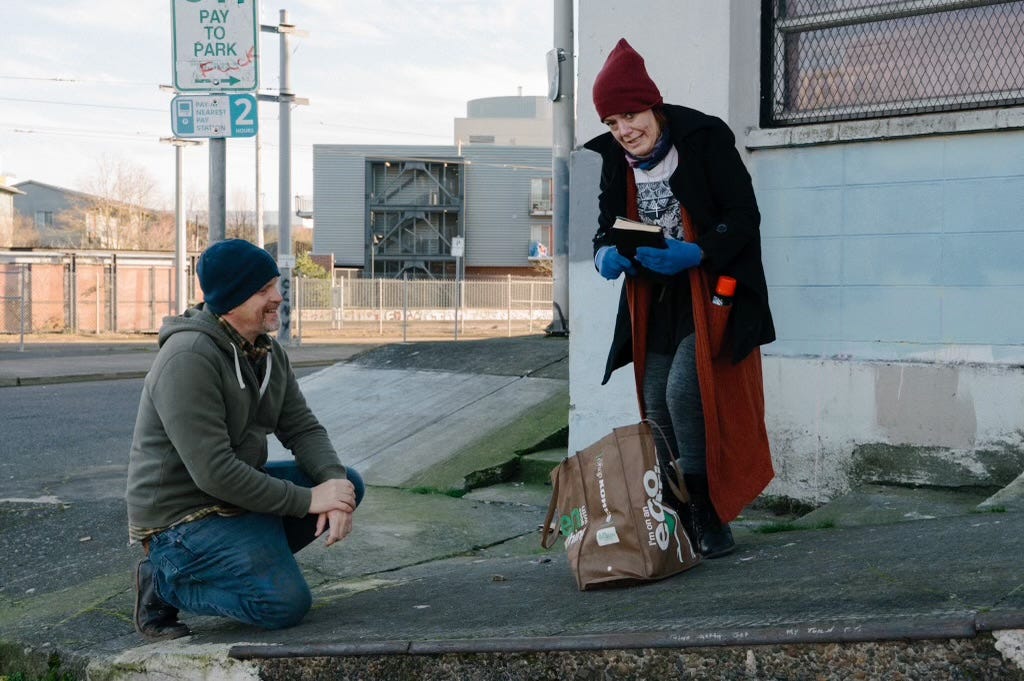
Kevin, Only thanks to you for getting personally involved do people like myself have a REAL picture of the bigger problem. It’s a disaster that our nation has brought upon itself because of our own personal evil.
Measure 110 needs to be repealed.
"Recovery centers" that promote "bodily autonomy" in drug use: Bad.
Still, I am conflicted. Repealing 110 and "bodily autonomy"will lead to more overdoses and deaths.
But would this be standing in the way of inevitability?
My humane and empathetic side says "recovery is possible": Do all we can. Save one addict..
But still, I wonder.